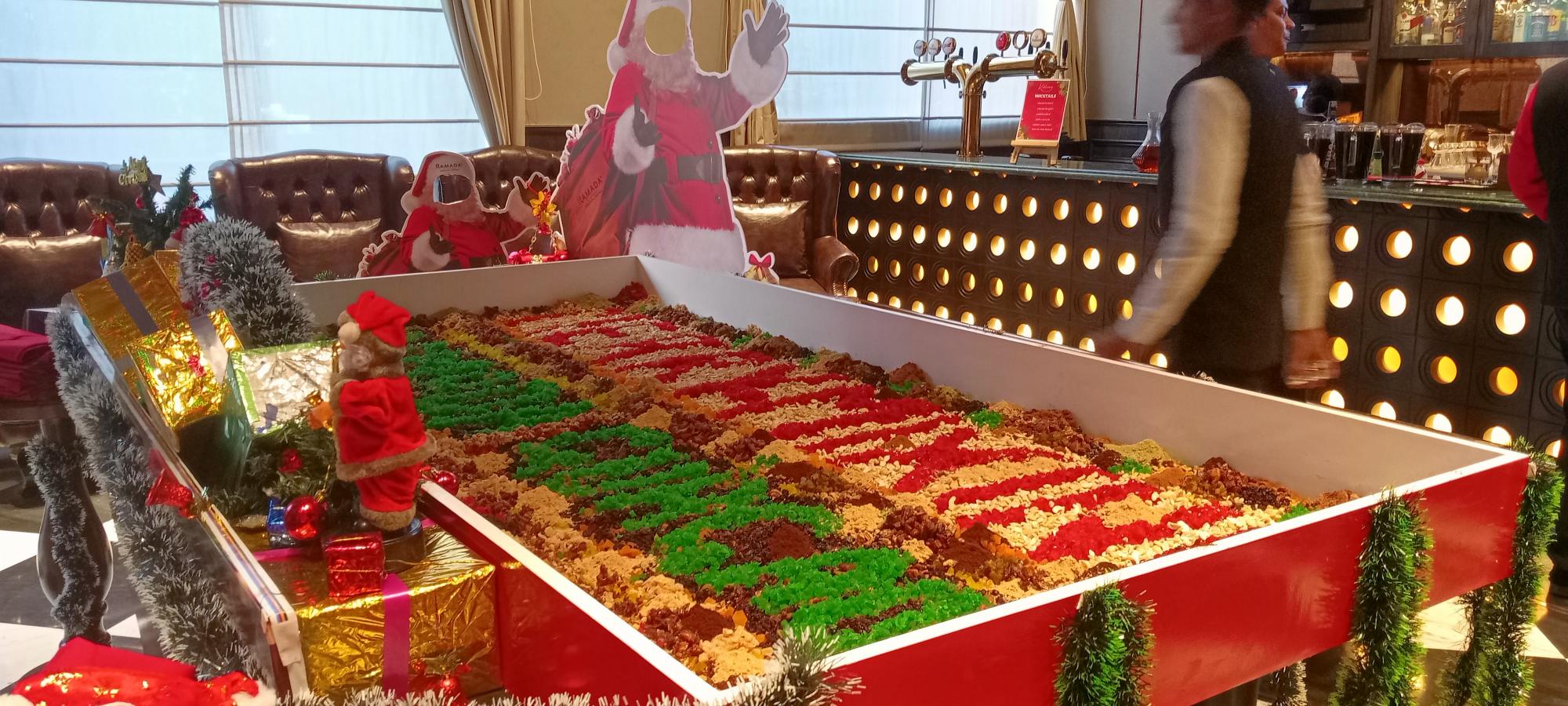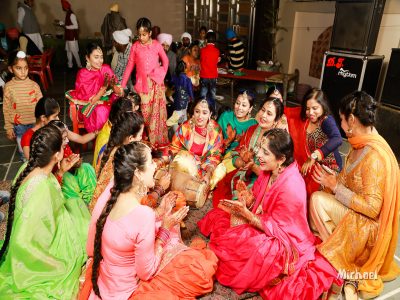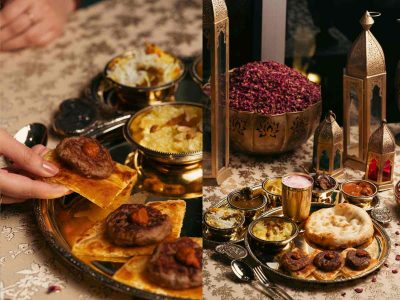An age-old practice, deeply rooted in the colonial influence on India, has found a place in the heart of Delhi’s vibrant culinary scene, blending tradition with modernity in a delightful concoction. It is the art of Christmas cake-mixing.
This time-honoured practice has evolved into a grand spectacle, reflecting the dynamic interplay between tradition and commercialisation.
The Anglo influence on cake-mixing traditions in Delhi dates back to the colonial period when the British administrators brought along their festive rituals.
Over time, this practice found a new home in Delhi, becoming an integral part of the city’s cultural mosaic. The ceremony, once a simple prelude to Christmas, has now transformed into a lavish affair, with hotels turning it into a commercial opportunity to cater to the evolving tastes of their clientele.
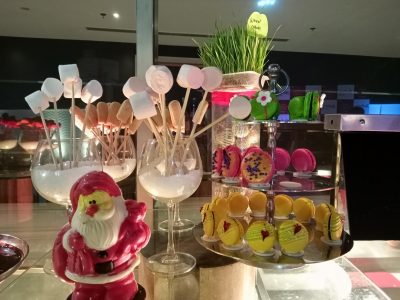
The cake-mixing ceremony involves the mixing of various ingredients to be used to bake Christmas cakes. It is often a social and celebratory occasion, bringing together family members, friends, and sometimes even communities.
Traditions fading
“Growing up, as December neared, our families used to gather to put together the ingredients of cakes. From chopping the fruits and nuts to the wine concoctions — everything was done by members of the families. Once the paraphernalia was done, we used to take the ingredients and batter, including butter and flour, to a nearby bakery to bake the cakes in wooden ovens. At that time, ovens were expensive so baking was done mostly in all these bakeries,” said Troy Gran, a resident of Delhi.
It is a tradition that has been passed down to Troy from his great grandparents. However, it is disappearing fast today due to lack of time and interest.

“Our children do not want to put in the labour into such traditions. They would rather eat out or just buy a cake. But what you bake at home with the spirit of the festival is different from the synthetic flavours of the cakes produced in bulk. People are also marrying out of their communities so that is another reason [for its decline in popularity],” he said.
Bridget White, a food blogger in Delhi, explained the process.
“As the ingredients are meticulously blended, the anticipation for the Christmas season builds. The mixed concoction is then set aside to mature and absorb the flavours, culminating in the creation of mouthwatering cakes that will grace the festive tables of families and guests alike,” said Bridget White.

Today it is more of a commercial event, as both Gran and Bridget, who hail from the Anglo-Indian community, agreed. It is evident from the elaborate arrangements, themed décor, and the inclusion of entertainment elements.
“As families in Delhi become more nuclear, the intimate and labour-intensive rituals once performed at home are gradually fading away. The desire for convenience and the fast-paced urban lifestyle have contributed to the decline of traditional practices that demanded time and effort,” said Bridget.
“In many households, the intricate process of mixing ingredients for a Christmas cake has been replaced by store-bought alternatives. The warmth and camaraderie that accompanied the shared labour of preparing for festive occasions at home are being supplanted by the allure of ready-made solutions and time-saving conveniences,” Troy added.
The decline in traditional cake-mixing at home reflects a broader societal trend where familial bonds are being reshaped by changing dynamics. The extended family gatherings that characterised festivals and celebrations are giving way to smaller, more intimate affairs. As the city’s residents grapple with the demands of modern life, the inclination to invest time and effort into elaborate rituals diminishes.
Hotels catching up
Delhi’s luxury hotels, embodying a seamless blend of tradition and contemporary elegance, have embraced this tradition with fervour. The ceremonial mixing of ingredients is no longer just a culinary ritual; it has transformed into a social event, bringing together people from diverse backgrounds to partake in the joyous anticipation of the upcoming celebrations.
Starting from mid-November, Delhi hotels bring out a spectacle of grandeur and community spirit. The ceremony brings together chefs, guests, and dignitaries in a collaborative effort to mix the ingredients that will eventually be transformed into delectable Christmas cakes. The atmosphere is infused with festive cheer, as the vibrant colours of candied fruits, nuts, and spices blend harmoniously with the intoxicating aroma of alcohol-soaked raisins.
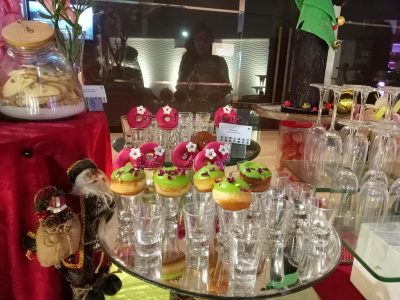

Recently, Ramada Hotel at Gurugram and Holiday Inn, Mayur Vihar held grand cake-mixing ceremonies, curating an authentic Anglo-Indian experience during these ceremonies. Guests actively participated in the mixing process, donning aprons and revelling in the camaraderie that unfolded amid laughter and animated conversations.
During the ceremony, the head chef, adorned in traditional chef whites, often explained the significance of each ingredient and its role in creating the perfect Christmas cake.
The tradition has become an occasion for hotels to showcase their creativity and culinary prowess, as they experiment with diverse ingredients and flavours, ranging from classic fruit cakes to innovative variations that reflect the cultural diversity of Delhi.
While commercialised cake-mixing ceremonies in hotels may be criticised for deviating from the authenticity of the tradition, they also serve as a reminder to the adaptability of cultural practices. In the evolving landscape of Delhi’s culinary scene, traditions find new expressions, often taking on a more commercialised form to suit the preferences of a contemporary audience.

